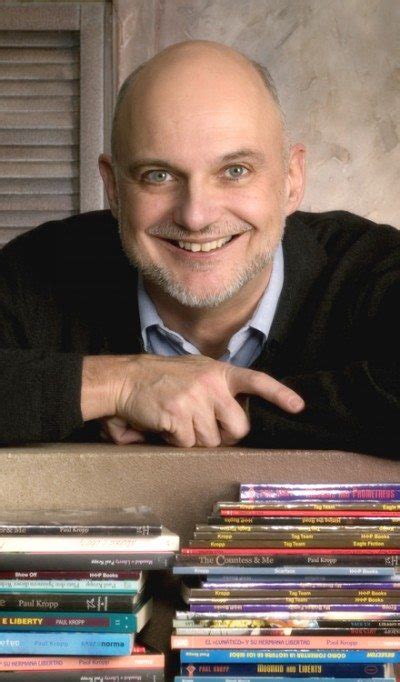A Quote by Jodi Picoult
The act of reading is a partnership. The author builds a house, but the reader makes it a home.
Related Quotes
Why do you keep reading a book? Usually to find out what happens. Why do you give up and stop reading it? There may be lots of reasons. But often the answer is you don't care what happens. So what makes the difference between caring and not caring? The author's cruelty. And the reader's sympathy...it takes a mean author to write a good story.
We must be forewarned that only rarely does a text easily lend itself to the reader's curiosity... the reading of a text is a transaction between the reader and the text, which mediates the encounter between the reader and writer. It is a composition between the reader and the writer in which the reader "rewrites" the text making a determined effort not to betray the author's spirit.
Two kinds of reading can be distinguished. I call them reading like a reader and reading like a writer ... when you read like a reader, you identify with the characters in the story. The story is what you learn about. When you read like a writer, you identify with the author and learn about writing.
I think the act of reading imbues the reader with a sensitivity toward the outside world that people who don't read can sometimes lack. I know it seems like a contradiction in terms; after all reading is such a solitary, internalizing act that it appears to represent a disengagement from day-to-day life. But reading, and particularly the reading of fiction, encourages us to view the world in new and challenging ways...It allows us to inhabit the consciousness of another which is a precursor to empathy, and empathy is, for me, one of the marks of a decent human being.
Authors have a greater right than any copyright, though it is generally unacknowledged or disregarded. They have a right to the reader's civility. There are favorable hours for reading a book, as for writing it, and to these the author has a claim. Yet many people think that when they buy a book they buy with it the right to abuse the author.
Reading with an eye towards metaphor allows us to become the person we’re reading about, while reading about them. That’s why there is symbols in books and why your English teacher deserves your attention. Ultimately, it doesn’t matter if the author intended the symbol to be there because the job of reading is not to understand the author’s intent. The job of reading is to use stories as a way into seeing other people as a we ourselves.


































